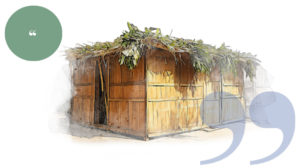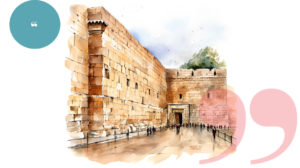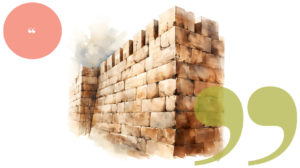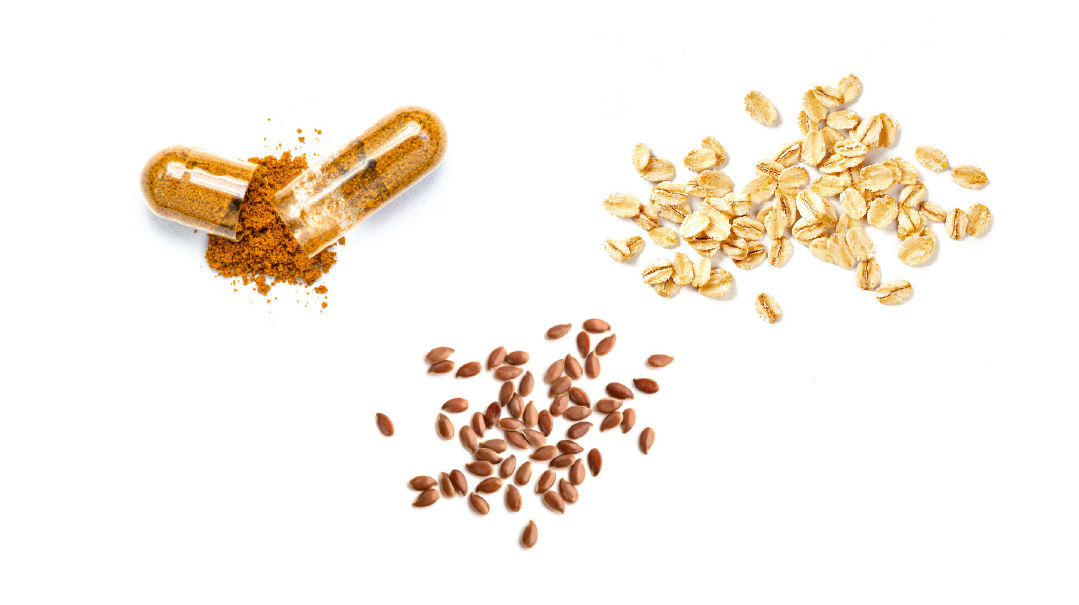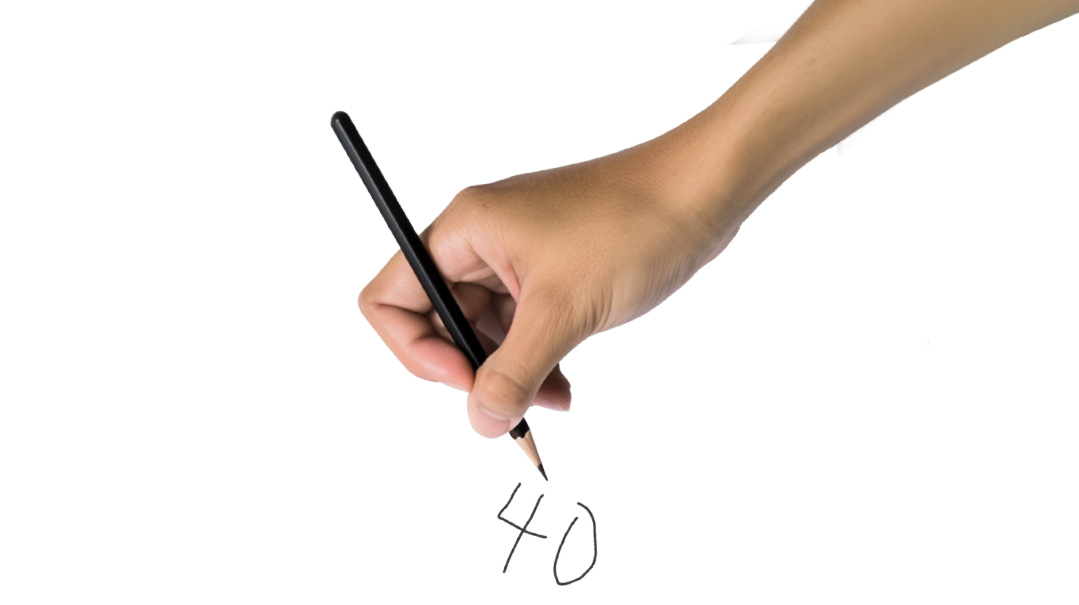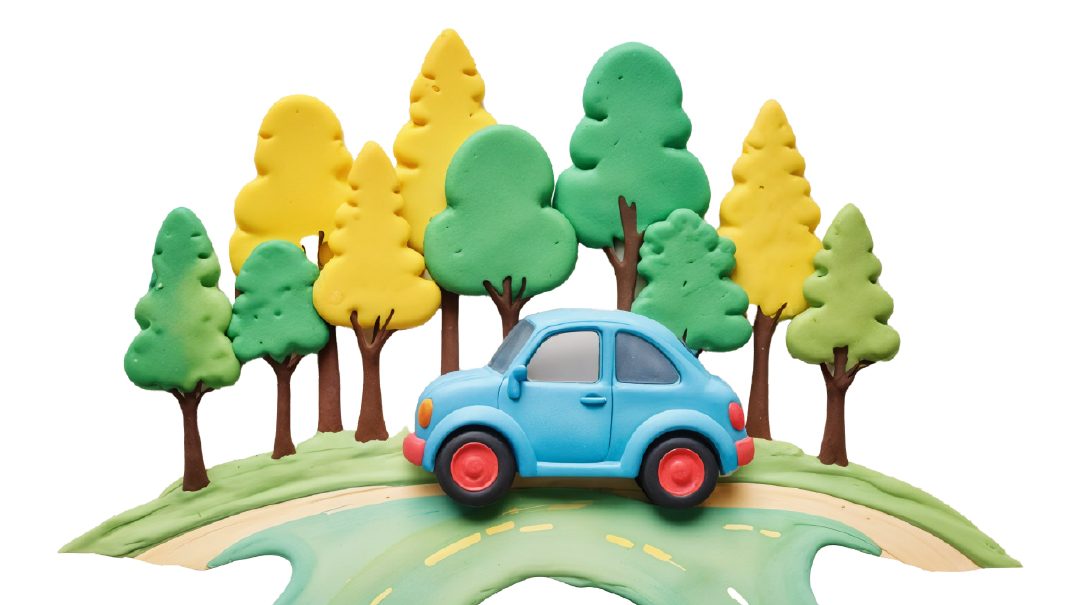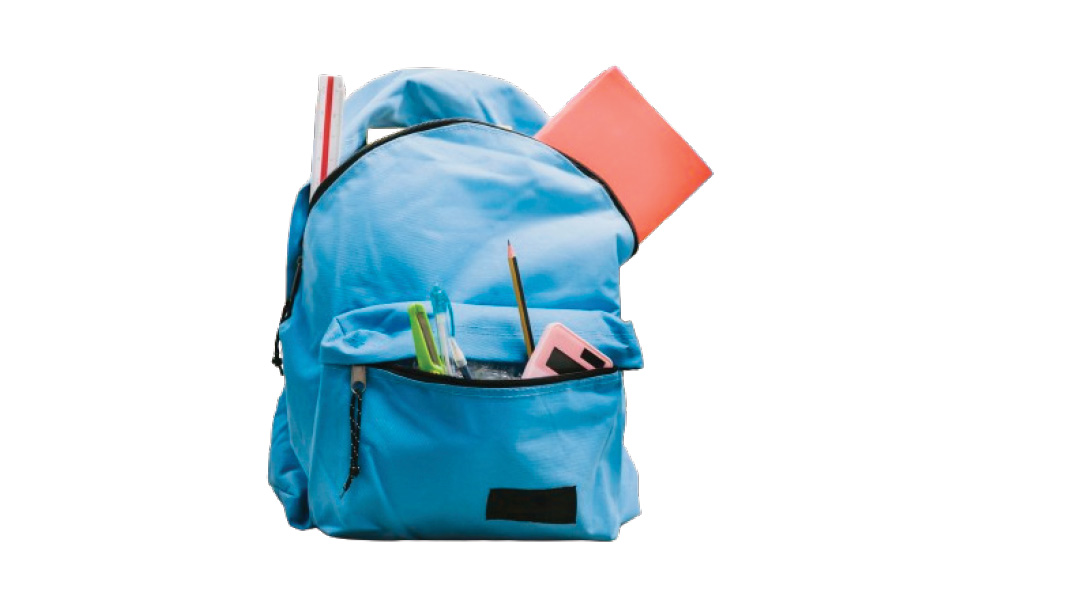Discharging a Debt
| September 25, 2013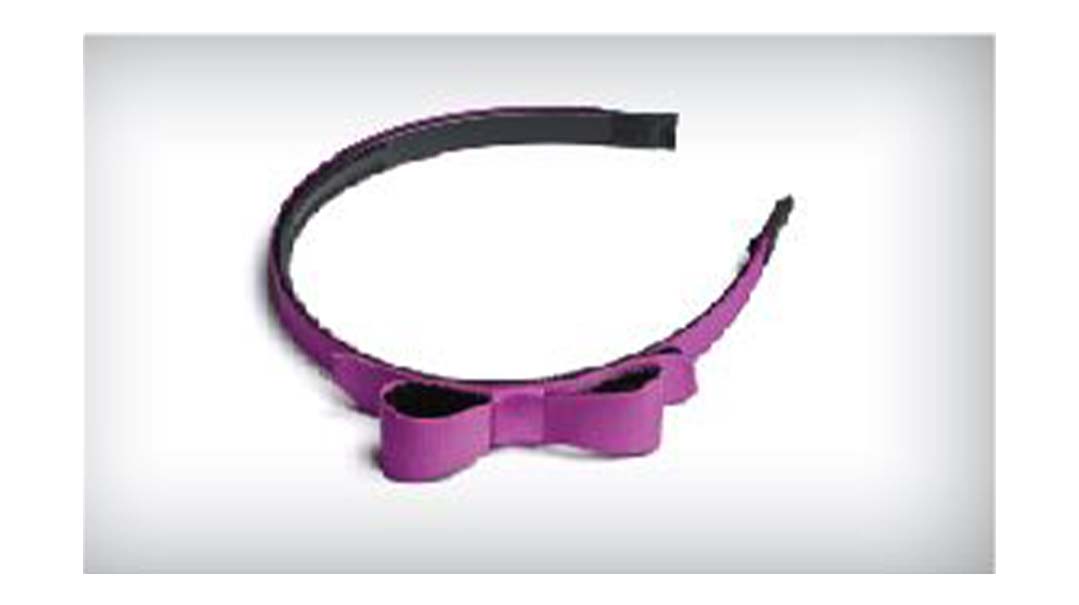
My husband chews a pen as he calls Directory Enquiries.
Hirschlander from N16, London, he asks. There are six numbers and he takes down all of them.
He’s looking for Uri Hirschlander, he explains once, twice, four times. The fifth number has a lead. “Oh, you mean our nephew? He moved to Baltimore. Or was it Monsey?”
It takes eight more phone calls to finally track down Uri Hirschlander.
They haven’t spoken for twenty years, but there’s unfinished business to take care of. A debt never discharged. “Do you remember when we were nine and sat next to each other in school? You gave me thirty, maybe forty pounds, and asked me to buy you a gun.”
There had been a Shabbos guest — unsurprising, knowing my in-law’s open-house policy — who had talked of revolvers. Facts had twisted and swirled and Uri had given up his savings in anticipation of a pistol that would be all his own.
Uri got no gun.
Twenty years later, a chance conversation had sparked a memory, and my husband realized he had never repaid Uri. He finally caught up with him. Did he want to be reimbursed? Should he send a check?
Uri laughed. “Forget it.”
“Please, Rosh HaShanah’s coming up. I want to have paid my debts.”
“It’s fine, really. Debt canceled.”
If only all debts were canceled so easily. I think about the dirty black footprints over the pristine white chesed of the Shabbos we hosted Chana.
Chana was dropped off on Friday afternoon with two small carrier bags, containing pajamas, Shabbos clothes, diapers.
“Shalom, Chana!” I handed her an ice pop. My kids gathered around to welcome our guest; Yehudis, always intuitive to others’ needs, took her by the hand and lead her to the Little Tykes kitchen. Her mother was in a rush. She issued instructions faster than I could take notes: one tap on the lips means that Chana is thirsty. Three taps means that she is hungry. Hand placed under tilted head means that she is tired.
“Thanks,” she said as she waved goodbye.
Chana’s hair was knotted; her face grubby. I took her to the bathroom, bathed her, washed her hair, diapered her, dressed her in a robe, and led her to toys and company.
“She’s so big! Why doesn’t she talk?”
“Why can’t she feed herself?”
“She doesn’t know how to share.”
Once again I knelt down to eye level and explained that Chana has a special neshamah and that even though she can walk, and she looks big — she is big — there are things she can’t do.
It was an Elul kind of Shabbos — pushing myself beyond my comfort zone: wiping cheeks, washing hands, diapering, dressing, comforting, playing with a big little girl who, although unable to utter a single word, has eyes bright with an indefinable spark that leaves me exhilarated, despite my exhaustion.
Motzaei Shabbos, as I wash dishes and toss Kapla in the box, I identify a vague sense of disquiet. After all I had done, where was the gratitude? Appreciation? I didn’t need flowers or chocolates. Just a simple, heartfelt thank you.
It rankled and, when Chana’s mother called to complain about a missing undershirt, I brought up the debt.
“After all I did, I don’t get a thank you?”
There’s a pause. “Of course I said thank you. When I dropped her off.”
My mind grasps through a whirl of indignation to that moment on Friday afternoon. Did she say thank you?
She probably did. But the words had been a formality, common politeness, a phrase thrown into a stairwell. I didn’t want more than thank you, but I wanted those words to be a true acknowledgment of the debt, for her to feel it with all her heart.
In a few days from now, I’ll open a machzor, thumb the crinkled pages. Some requests will be verbalized: life, blessing, peace, livelihood. Others, a thousand, million more, will be held in my heart: for my daughter to have a best friend and for my son to shake off his fear of the world. For my husband to grow in his learning and for me to have the wisdom and joy to create a home that’s an oasis of strength and simchah.
But before I ask, I have a debt to discharge. A debt to acknowledge, to feel with all my heart. For being fed, clothed, loved.
I first have to say thank You.
(Originally featured in Family First, Issue 260)
Oops! We could not locate your form.
